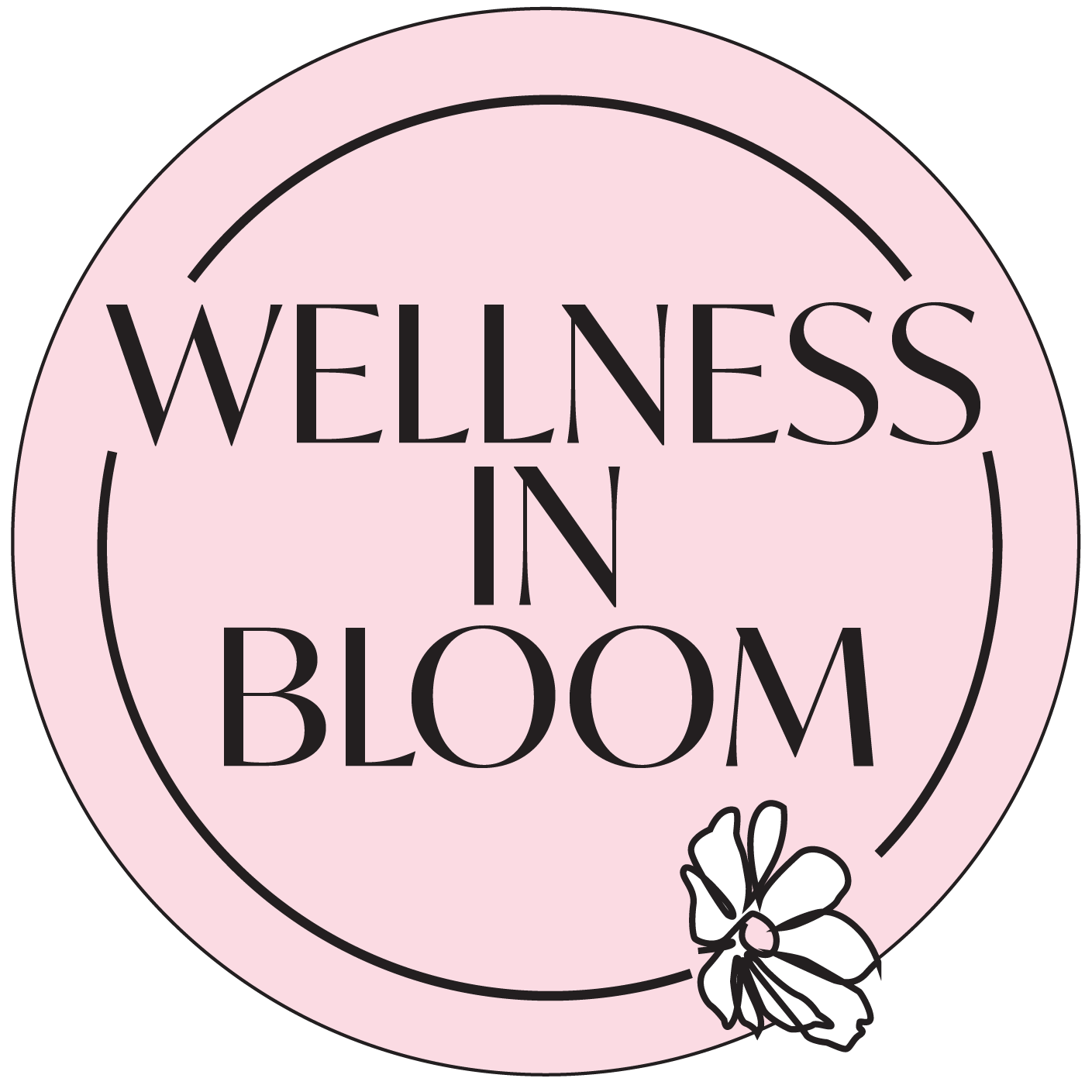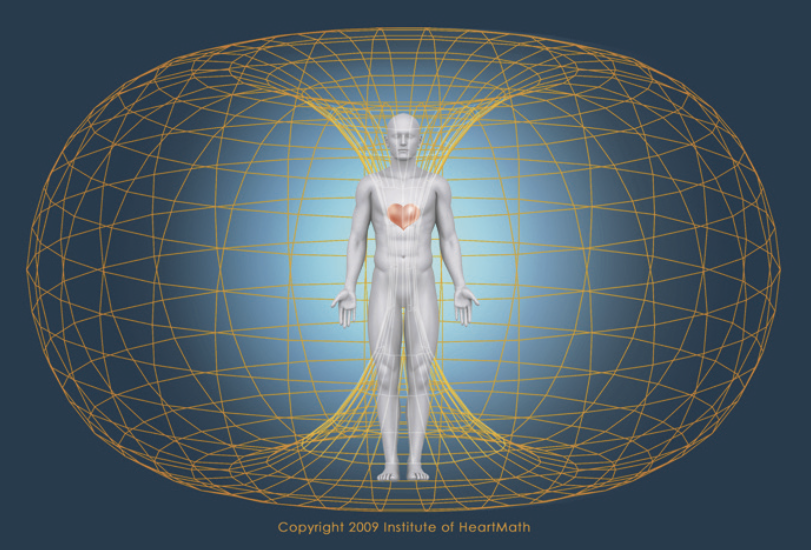Have you ever received bad news from the doctor?
Have you ever heard horrible words regarding your health that you wish you could erase?
You are not alone.
This happens to millions of people daily.
Do you know what else happens daily? Healing.
In a world that is bombarded with health crisis after health crisis, bad news after bad news, here is a ray of hope for you.
Your diagnosis is not your destiny.
Unless you want it to be.
What does that mean?
It means, YOU and YOU alone get to decide if you will believe what you are told or act in line with what you desire.
Here is what happens during a typical health diagnosis (prove me wrong, please):
The doctor tells the patient they have xyz diagnosis.
In order to help the patient manage xyz diagnosis, the doctor does what they are trained to do: react.
React with medications, surgeries, or treatments.
(There is nothing wrong with that. Thank God we have all of the above.)
On the patient’s side, they hear that they have xyz diagnosis.
They start to believe they have xyz diagnosis.
And they start to act accordingly and to follow the treatment plan that so many have taken before them - medications, surgeries, or treatments.
In addition, feelings of hopelessness, anxiety, and stress increase on the patient’s side.
Does that sound familiar to you? How is that working out for everyone?
What if instead we did this:
Doctor provides you with xyz diagnosis.
YOU take that knowledge and mix it with a belief that your actions can change things. You take accountability for your belief system. You decide, “What can I do today to change and or improve things?”
You ask questions like:
What habits have gotten me here? (Our ability to prevent disease is linked to our habits and lifestyle more so than genetics.)
What nutrition, movement, or lifestyle factor has increased my risk to get me here?
What can I do to change my situation? Even if I choose to take the medication, treatment, or surgery recommended, how can I improve my health for the better during it?
That is what is lacking in hospitals.
In his book, Anticancer: A new way of life, Dr. David Servan-Schreiber outlines this perfectly.
“Simply put, we’re used to receiving a message of despair.”
As a doctor himself, Dr. Servan-Schreiber outlines in this amazing book his journey of being diagnosed with brain cancer, following the recommended course of action, going into remission, only to have the cancer return.
After the cancer returned, he became determined to understand what other things he could be doing to improve his body’s ability to combat cancer. And he did.
In his own journey, he repeatedly asked doctors, “Isn’t there something I can do (exercise, nutrition, lifestyle) to avoid a relapse?” Only to be told, “There’s nothing special you can do.”
He refused to believe that. One of the greatest insights in the book is that feelings of helplessness increase the risk of cancer development.
And if you only embrace modern medicine, you are embracing feelings of hopelessness.
How do I know? Because I’ve been there.
In 2021 I experienced the worst health of my life (read more here). I had debilitating fatigue, I lacked the energy to do what I enjoyed, like run. I didn’t have a period (it had been missing for two years after coming off of birth control). I had excruciating stomach pains. So much so that I spent 24 hours in the hospital after being told I was at risk for a small bowel obstruction.
I was told I likely had a pelvic tumor, Crohn’s disease, or the great default diagnosis, IBS.
What did I do? I did all the right things. I went to the GI doctor. I accepted their treatment plans. I had the endoscopy, colonoscopy, two MRI's, capsule endoscopy, and stool test.
What was the result? “Everything looks good.” “Just take this medication.”
That was something I did not do.
And, I never heard back from my doctor at the time after my final test came back normal - he had done everything in his power. However, everything was not normal.
Instead, I pursued a source of healing through a hair tissue mineral analysis. It showed imbalances that other testing didn’t show.
I also took a cold shower and looked at myself in the mirror. What was I doing that got me here?
The answer: Stress.
After helping to manage the healthcare of my father after he suffered a life altering stroke and being a caregiver for him with my family, I realized my body was in an extreme state of burnout.
And I alone was to blame. I had put pressure on myself to master aspects that were out of my control and had not dealt with the emotions of grieving the loss of who my father used to be.
I changed my diet to address minerals. I increased my calories. I walked more and ran less. I held myself accountable. I spent more time outside and more time sitting in silence.
And now, I’m free of stomach pain. Free of any pelvic tumor. Free of any bowel disease.
One aspect many people overlook while improving health is mentality. We become what we believe. And if you believe you are injured and need a cast for your arm, you’ll wear it and not use that arm. It doesn’t matter what the truth is, even if your arm is fine! You believe it, so you take action.
You can change that. You are more than a diagnosis. You are more than a disease, than a medical emergency, than weird lab work results or an abnormal scan. You are important and you have so much to give.
The hurdle lies in embracing a mentality of strength, when a diagnosis tells us otherwise.
This is more evident in my clients’ lives. From Hashimoto’s (an autoimmune thyroid disease), to PCOS, to high cholesterol, to anxiety and depression, to years of poor sleep, to chronic headaches, to being told they need surgical procedures (and many of them now don’t), to osteoarthritis, to a family history of disease, my clients prove that they are stronger than a diagnosis.
They take action in spite of words.
They take action in spite of a diagnosis.
The result?
They achieve what once seemed unattainable.
You can, too. Take action in spite of what the world around you tells you.
“...seek peace, and pursue it.” Psalm 34:14




